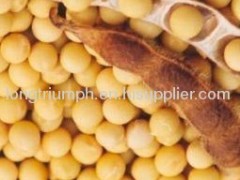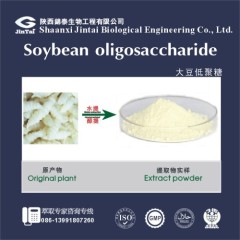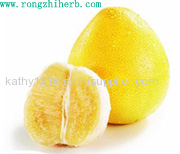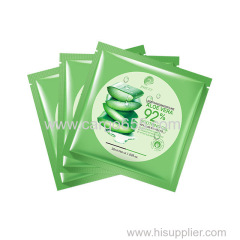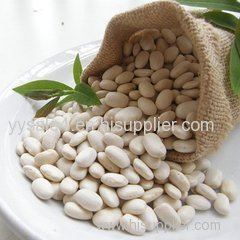Solubility: Soluble in Ethanol, partly soluble in water.
Pharmacology Action: The soybean isoflavones may help relieve menopausal symptoms (such as hot flashes, emotional disturbances and compromised sexual activity) has been confirmed by recent scientific studies. Furthermore, soybean isoflavones significantly decrease the rates of breast cancer, which is thought to be relevant to their effects as phytoestrogens. Studies also point out that high consumption of soy isoflavones in the diet are implicated in inhibiting the growth of prostate cancer cells, those who eat a low-fat diet, but rich in soy proteins, have a lower incidence of prostate cancer.
1,Lower Cancer Risk In Men and Women
Soy Isoflavones are important new elements in the prevention and potential treatment of cancer. Soy isoflavones also have antioxidant properties, and like other antioxidants, they can reduce the long-term risk of cancer by preventing free radical damage to DNA.
2,Use In Estrogen Replacement Therapy
The benefits of soy go beyond reducing long-term cancer risk. Recent studies have found that soy (in either isoflavones-rich protein or pure isoflavones supplements), can reduce menopausal hot flashes and increase bone density in women. Indeed, many menopausal and postmenopausal health problems may result from a lack of isoflavones in the typical American diet.
Estrogens are essential for the female reproductive system, but they are also important for the bones, heart and possibly the brain. For women facing menopause (and the loss of estrogen), replacing estrogens is a major issue. Christine Conrad, co-author with Marcus Laux, N.D. of Natural Woman, Natural Menopause, relates that soy isoflavones and other plant estrogens are effective hormone replacements after a hysterectomy. Other researchers have reported the isoflavones are also estrogenic enough to promote bone formation.
3,Lower Cholesterol and Reduce Heart Disease Risk
In addition to their estrogenic activity, soy isoflavones promote healthy cholesterol levels without lowering levels of the beneficial HDL cholesterol. Also, soy isoflavones may maintain normal vascular function.




